Kenya’s coffee industry has long been celebrated for its high-quality beans, and among its most distinguished varieties is the SL28, a cultivar that has become synonymous with the country’s AA-grade coffee. Grown predominantly in the rich volcanic soils of the central highlands, this variety is prized for its bright acidity, complex flavor profile, and remarkable consistency. The story of SL28 is deeply intertwined with Kenya’s agricultural history, and its characteristics continue to captivate coffee enthusiasts worldwide.
The SL28 variety traces its origins back to the 1930s, when it was developed by Scott Laboratories, a research station tasked with improving Kenya’s coffee production. Through selective breeding, SL28 was cultivated to thrive in Kenya’s unique climate, exhibiting a resilience to drought while producing cherries with exceptional cup quality. Unlike hybrid varieties designed for high yields, SL28 prioritizes flavor, making it a favorite among specialty coffee producers. Its beans are typically larger and denser, contributing to the coveted AA classification, which denotes the largest and most uniform beans in Kenya’s grading system.
One of the defining traits of SL28 is its vibrant acidity, often described as wine-like or citric, which lends a refreshing brightness to the cup. This acidity is complemented by a rich sweetness, with tasting notes ranging from blackcurrant and berry to tropical fruit and brown sugar. The complexity of its flavor profile makes it a standout in blind cuppings, where it frequently earns high marks for its balance and depth. When roasted with care, SL28 can develop a syrupy body that enhances its fruity and floral undertones, creating a sensory experience that is both dynamic and harmonious.
The growing conditions in Kenya play a pivotal role in shaping the characteristics of SL28. The high-altitude farms, often situated between 1,600 and 2,000 meters above sea level, experience cool nights and ample sunlight, which slow the maturation of the coffee cherries. This extended growing period allows for greater sugar development, intensifying the bean’s natural sweetness. Additionally, the volcanic soil in regions like Nyeri and Kirinyaga is rich in minerals, imparting a distinct terroir-driven nuance to the coffee. Farmers who cultivate SL28 typically employ meticulous processing methods, often opting for the washed process to highlight the bean’s clarity and acidity.
Despite its many strengths, SL28 is not without challenges. Its susceptibility to coffee leaf rust and other diseases requires careful farm management, and its relatively low yield compared to modern hybrids can deter some producers. However, the dedication of Kenyan farmers to preserving this heirloom variety speaks to its enduring value. Many smallholder farmers, organized under cooperatives, take immense pride in growing SL28, knowing that its quality commands premium prices in the global market. This commitment to excellence ensures that SL28 remains a cornerstone of Kenya’s coffee heritage.
In recent years, the demand for Kenyan AA SL28 has surged among specialty coffee roasters and consumers who seek out its distinctive profile. Its versatility in brewing—whether as a single-origin espresso or a pour-over—further cements its status as a must-try coffee. For those exploring the world of high-end arabicas, SL28 offers a glimpse into the artistry and tradition of Kenyan coffee production, where every cup tells a story of meticulous cultivation and unparalleled flavor.

By /May 26, 2025
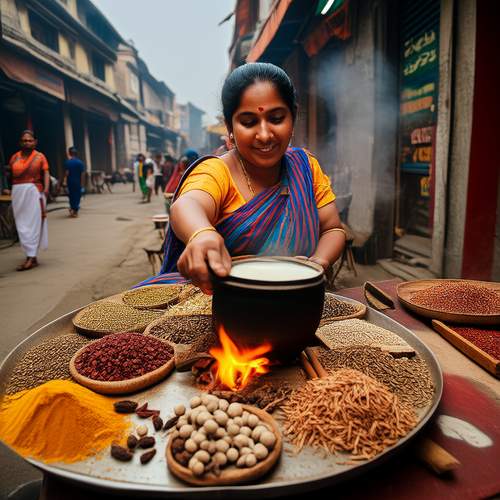
By /May 26, 2025
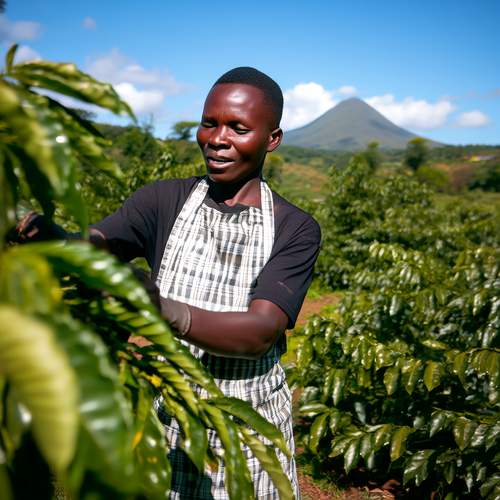
By /May 26, 2025
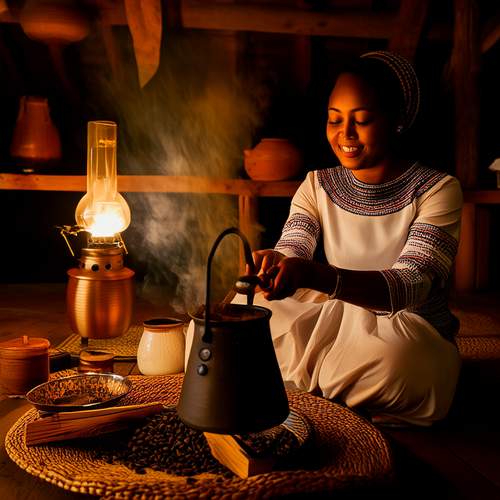
By /May 26, 2025

By /May 26, 2025

By /May 26, 2025

By /May 26, 2025

By /May 26, 2025

By /May 26, 2025

By /May 26, 2025

By /May 26, 2025

By /May 26, 2025
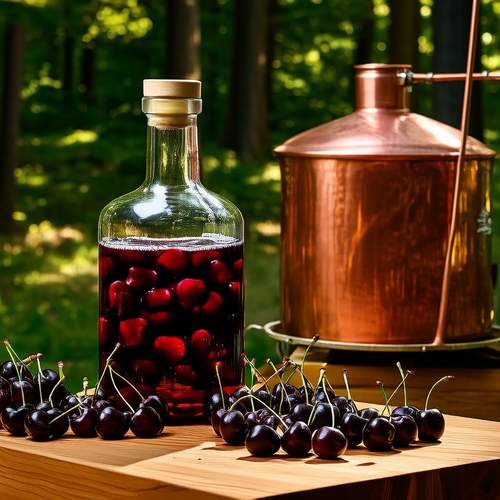
By /May 26, 2025

By /May 26, 2025

By /May 26, 2025

By /May 26, 2025
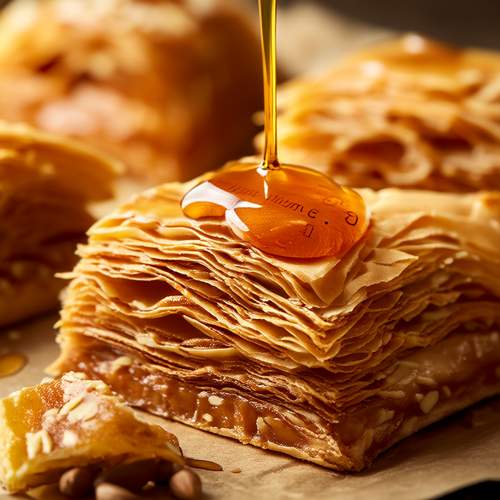
By /May 26, 2025

By /May 26, 2025

By /May 26, 2025

By /May 26, 2025